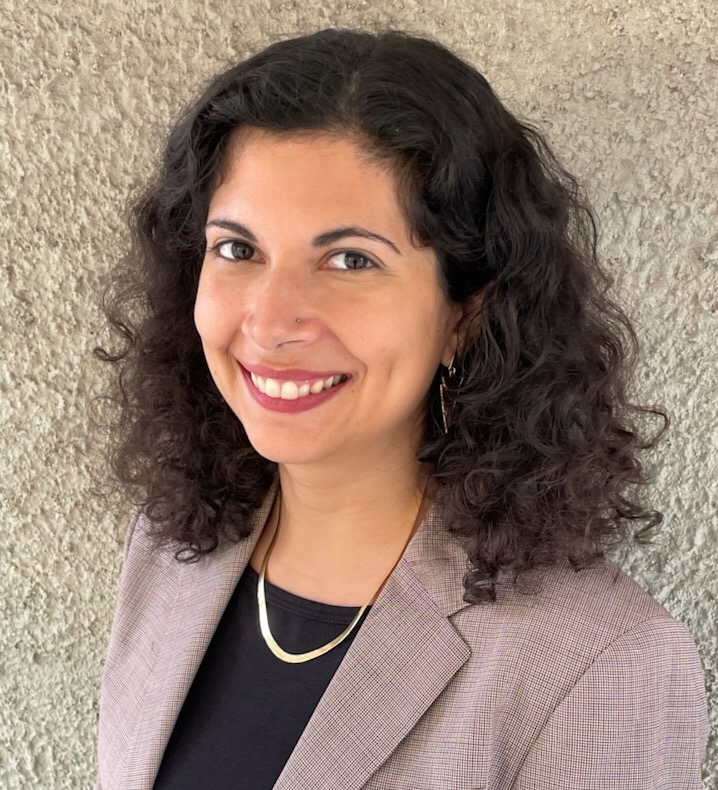Natasha Bailen, Ph.D., is a staff psychologist in the Center for OCD and Related Disorders (CORD) at Massachusetts General Hospital and Harvard Medical School. Dr. Bailen received her PhD in clinical psychology from Washington University in St. Louis, and completed her clinical internship at University of Chicago Medicine. She completed her postdoctoral training at Boston University’s Center for Anxiety and Related Disorders (CARD). She is a licensed clinical psychologist in the state of Massachusetts and specializes in the cognitive-behavioral treatment of OCD, anxiety, and related disorders. Her research focuses on the role of dysregulated emotional processes in psychopathology.
Psychologists and Psychiatrists
Ivar Snorrason, Ph.D.
Ivar Snorrason, Ph.D., is a staff psychologist at the Center for OCD and Related Disorders (CORD) at Massachusetts General Hospital (MGH) and an Instructor in Psychology (Psychiatry) at Harvard Medical School (HMS). Dr. Snorrason completed his bachelor and master’s degrees in psychology at the University of Iceland, and a Ph.D. in clinical psychology at the University of Wisconsin-Milwaukee.
Dr. Snorrason completed post-doctoral training at the New York State Psychiatric Institute/Columbia University Medical School and at McLean Hospital. He is a licensed clinical psychologist and specializes in the treatment of OCD and related disorders. His research focuses on the etiology, nosology and treatment of obsessive-compulsive and related disorders, including trichotillomania (hair-pulling disorder) and excoriation (skin-picking) disorder.
Joan A. Camprodon, M.D., M.P.H., Ph.D.
Dr. Camprodon is Chief of the Division of Neuropsychiatry at Massachusetts General Hospital and Assistant Professor of Psychiatry at Harvard Medical School.
Clinically, he is the founding director of the MGH Transcranial Magnetic Stimulation (TMS) clinical service, a member of the Psychiatric Neurosurgery Committee and an attending physician in the departments of Psychiatry (Neuropsychiatry) and Neurology (Cognitive and Behavioral Neurology). He is board-certified in Psychiatry and Behavioral Neurology & Neuropsychiatry.
Hilary Weingarden, Ph.D.
Hilary Weingarden, PhD is an Assistant Professor at Harvard Medical School (HMS) and a staff psychologist in the Center for OCD and Related Disorders (CORD) at Massachusetts General Hospital (MGH). Dr. Weingarden received her bachelor’s degree from Tufts University and her PhD in clinical psychology from George Mason University. She completed her clinical internship and postdoctoral training at MGH/HMS and is a licensed psychologist in the state of Massachusetts. Dr. Weingarden’s research is focused on cognitive and emotional risk factors for adverse outcomes such as suicide risk in OCD and body dysmorphic disorder (BDD). Her research also focuses on applying technology to enhance assessment of and interventions for OCD and related disorders. Her work is currently supported by a Career Development Award (K23) from the National Institute of Mental Health. In addition to NIMH, Dr. Weingarden’s work has been funded as Principal Investigator or co-Investigator by Harvard Medical School and industry collaborations, and she was a 2019 recipient of the Association for Psychological Science’s (APS) Rising Star Award. In addition to her work at MGH, Dr. Weingarden has a private practice where she provides evidence-based psychological treatments for adults with OCD and related disorders.
Lisa Zakhary, M.D., Ph.D.
Dr. Lisa Zakhary is the Medical Director of the Massachusetts General Hospital (MGH) Center for OCD and Related Disorders (CORD) and Director of Pharmacology in the MGH Excoriation Clinic and Research Unit. She graduated from Harvard Medical School and completed her general adult psychiatry residency at MGH/McLean. Additionally, she earned a Ph.D. in molecular neurobiology and completed the Boston Psychoanalytic Society & Institute Fellowship during her medical training. She is Assistant in Psychiatry at MGH and Instructor in Psychiatry at Harvard Medical School. She specializes in providing medication treatments to individuals with OCD and related disorders. Additionally, Dr. Zakhary has a special interest in psychodermatology and as a resident, co-founded the MGH Comprehensive Skin Management Clinic, a psychiatry/dermatology clinic providing multi-disciplinary treatment to individuals with a variety of psychodermatologic conditions including compulsive skin picking, trichotillomania, and body dysmorphic disorder. As staff, she continues to explore ways to optimize psychodermatologic treatment through collaboration, education, and research. Her current research is focused on evaluating novel treatments for trichotillomania.






